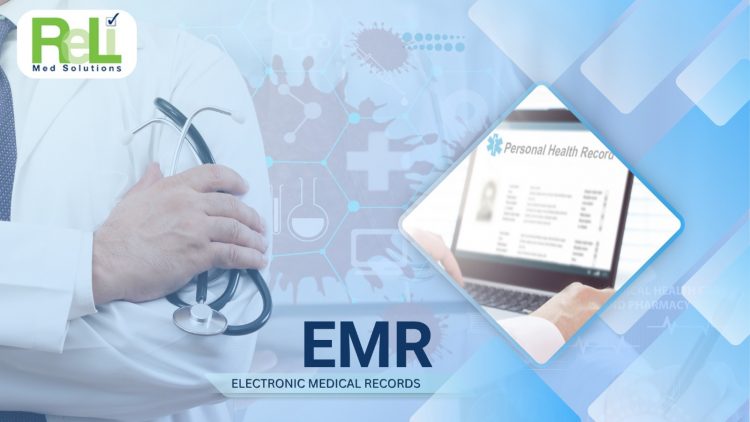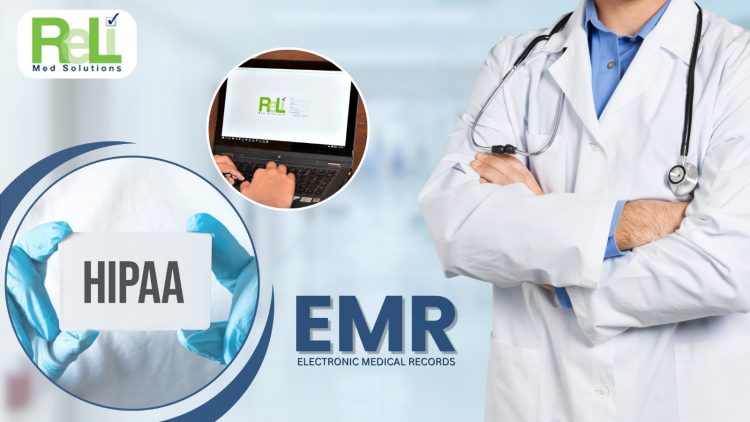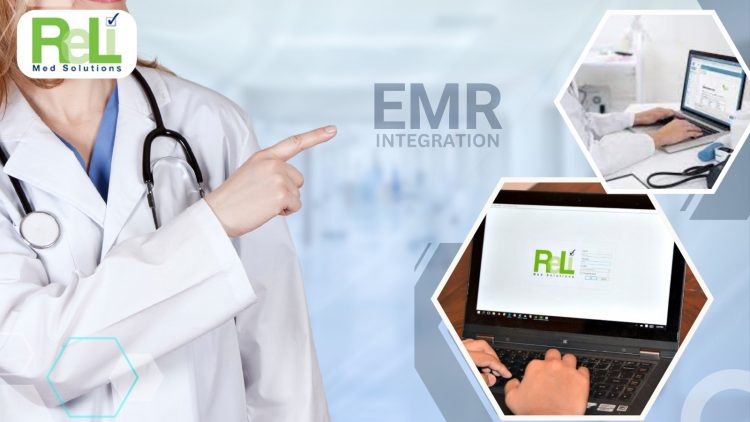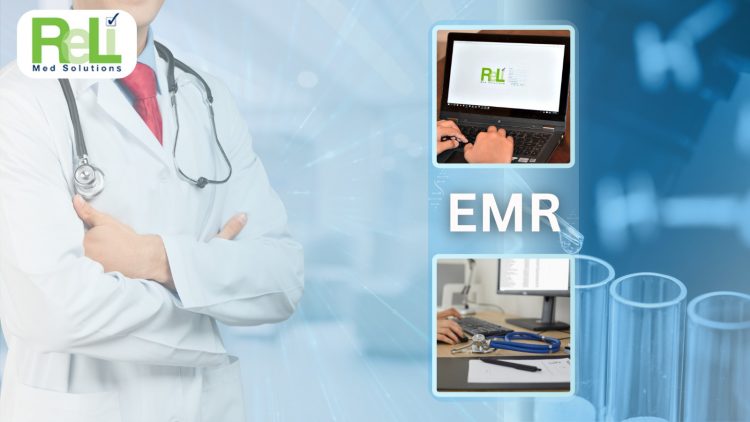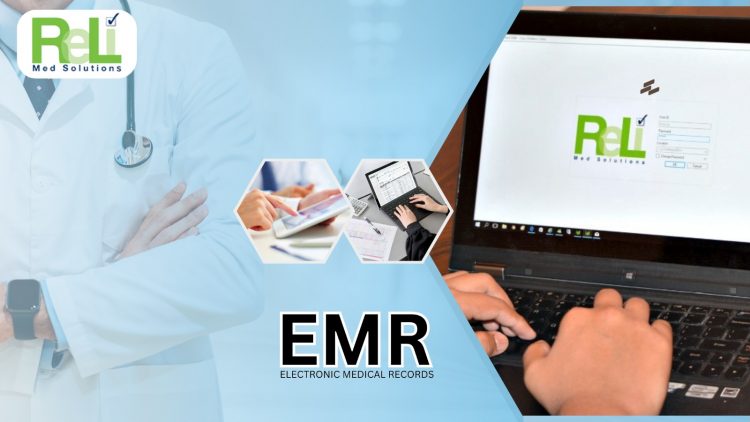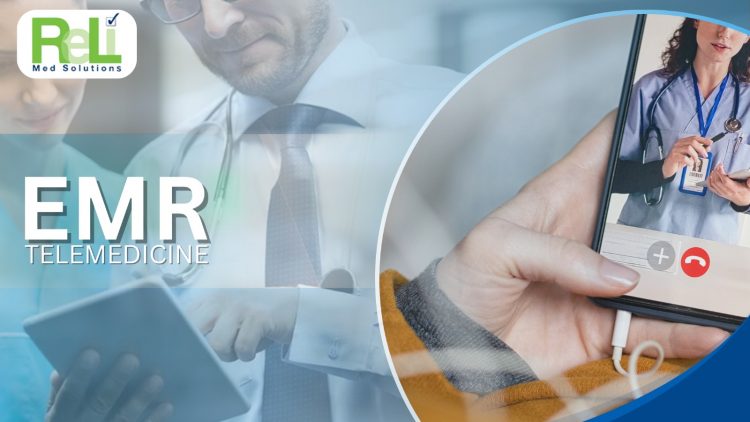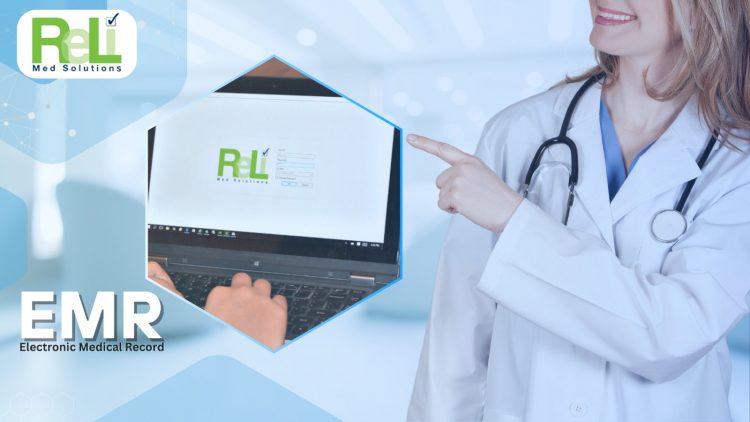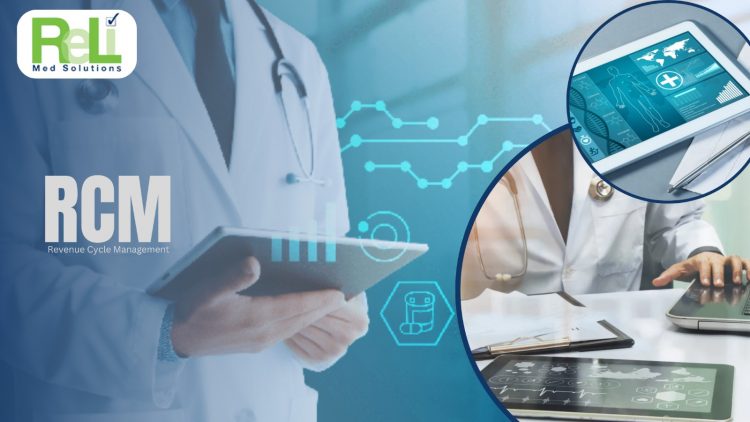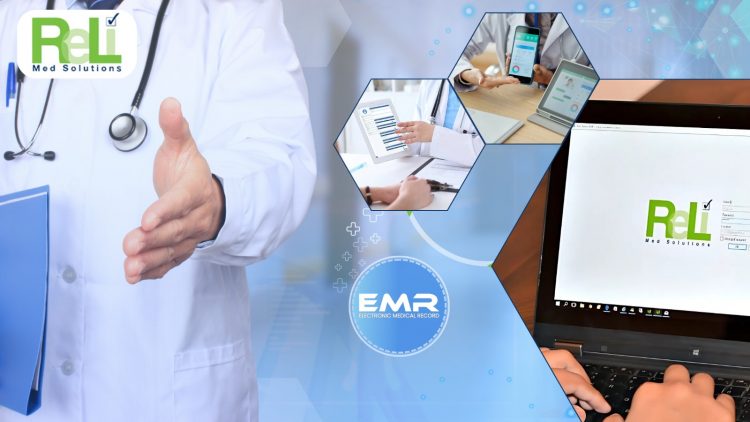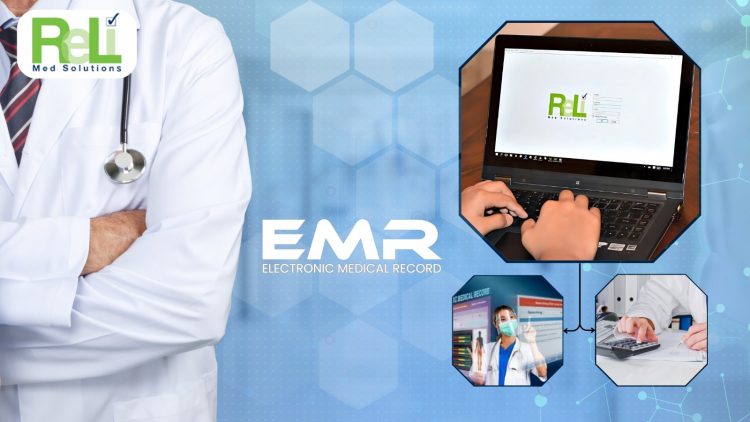Secure EMR Software Solutions for HIPAA Compliance and Data Safety in 2024
In 2024, health care providers are using EMRs more than ever. But with this growth, secure EMR software is now vital. Medical records are sensitive and must be kept safe. If health care providers don’t secure their systems, they risk exposing private data. This can lead to serious legal and financial issues. So, EMR software must meet HIPAA rules to protect patient data. Secure EMR software can help providers to improve RCM and protect patient data.
How FHIR Technology Shapes the Future of EMR Security?
As health care changes, secure EMR software will be one of the most important tools. It will keep the patient data private. Now, the future of health care is digital. So, every provider must use strong EMR software. It must be both secure and efficient. New tech, like FHIR, improves contact between health care systems. FHIR stands for Fast Health care Interoperability Resources. With real-time encryption and advanced authentication, EMR software is now more secure. This also protects patient records and improves RCM. It also guards against cyber threats.
Challenges in EMR Software for HIPAA Compliance
EMR software has many benefits. But, ensuring it follows HIPAA rules isn’t always easy. Health care providers many times face issues. That’s why they need to add secure EMR software to their old systems. If they don’t update their systems, they get the risk of falling behind. So, they must follow the rules and keep medical records safe. Here are some challenges providers often face:
- Upgrading systems: Advanced EMR software features can be costly for smaller health care centers.
- Training staff: Staff training is vital for the correct use of EMR systems.
- System integration: Combining EMR software with older systems can create problems.
- Keeping up with regulations: HIPAA rules change often. So, health care providers must update their EMR software.
To follow HIPAA rules, health care providers must overcome these challenges. If they do not, it puts patient data at risk and can harm their RCM and reputation.
Importance of Data Security in Health Care 2024
In 2024, the importance of data security in health care is greater than ever. Patient medical records are being targeted by hackers because they contain valuable data. If this data breach happens, it can be very harmful for both the patient and the health care provider. That’s why, by law, secure EMR software is required. It’s also vital for trust between health care centers and patients. FHIR helps EMR systems to work well together. It adds security and efficiency. So, health care providers must use EMR software, like its encryption, to protect data and build trust.
Why Cloud-Based EMR Solutions Ensure Data Security?
Cloud-based EMR solutions are becoming the best choice for data security in 2024. These systems let health care providers store and access medical records safely from anywhere, making things easier. The built-in secure EMR software features like multi-layered encryption and automatic backups provide extra protection for sensitive data. If health care providers switch to cloud-based EMR solutions, they will benefit from better RCM, improved data security, and easier compliance with HIPAA rules. Because of advantages like data safety and easy scaling, cloud-based EMR software is the future of managing health care data.
ReLi Med Solutions: Secure EMR Software
When it comes to secure EMR software solutions, ReLi Med Solutions is a trusted provider. They offer advanced EMR software. It has HIPAA-compliant features. They keep data safe and operations efficient. ReLi Med Solutions knows health care providers face challenges. They must maintain RCM while keeping data safe. They offer customized secure EMR software to meet your needs, so you can focus more on patient care. ReLi Med Solutions makes managing medical records easier and safer. It has real-time encryption, advanced authentication, and FHIR capabilities.
ReLi Med Solutions uses the latest EMR software to ensure patient safety and privacy. Their cloud solutions help health care providers improve RCM and secure data. For a partner who meets your needs and is HIPAA compliant, choose ReLi Med Solutions. They can help you build a more efficient and secure health care system in 2024. ReLi Med Solutions can help you. It will improve patient care, secure data, and keep you at the top of digital health care.

